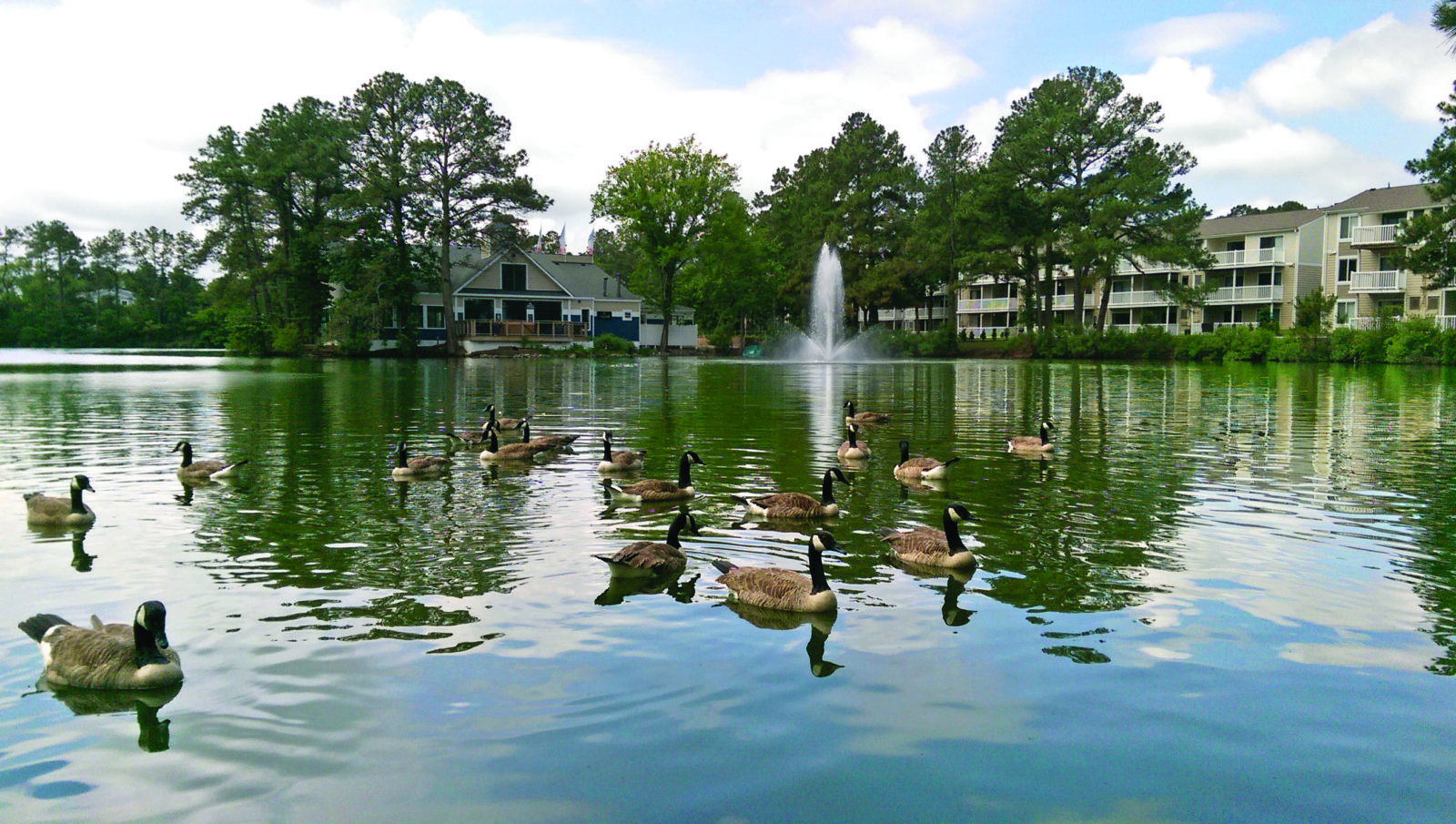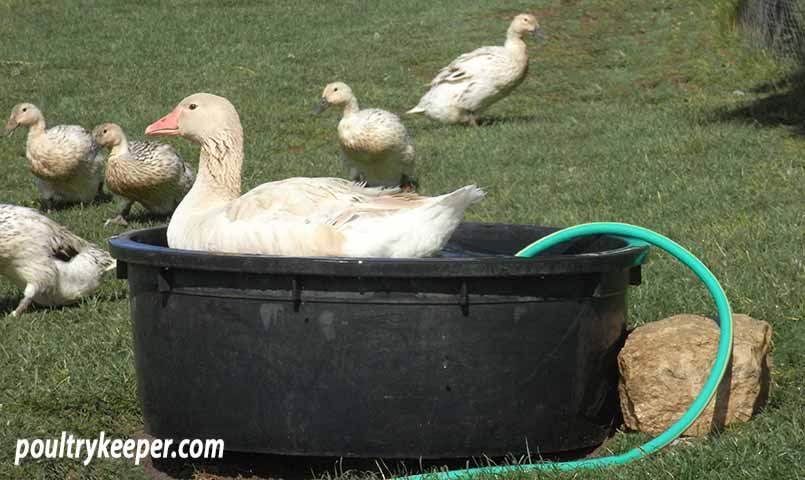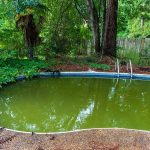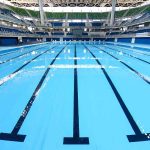Geese are fascinating creatures that are often associated with water bodies such as ponds, lakes, and rivers. Many people believe that geese need a pond to thrive, but is that really the case? Let’s explore the relationship between geese and ponds to understand their habitat requirements and behaviors.

Credit: www.solitudelakemanagement.com
Understanding the Natural Habitat of Geese
Geese are waterfowl that are found in various habitats around the world. While they are commonly seen near water bodies, not all geese require a pond to survive. In the wild, geese can be found in a range of environments including grasslands, tundra, and even urban areas. This diversity in habitat demonstrates that geese are adaptable creatures that can thrive in different settings.
The Role of Ponds in the Lives of Geese
Ponds play a significant role in the lives of geese, particularly during certain stages of their life cycle. Ponds provide geese with access to water for drinking and bathing, which is essential for maintaining their hygiene and overall health. Additionally, ponds often support a variety of aquatic plants and insects that geese can feed on, contributing to their nutritional needs.
During the breeding season, ponds become crucial for geese as they provide nesting sites and protection for their young goslings. The presence of water helps shield the goslings from predators and provides them with a safe environment to grow and develop. Therefore, while geese can survive without a pond, having access to a water body significantly enhances their ability to thrive and reproduce.
Domestic Geese and Pond Requirements
When it comes to domestic geese, the need for a pond largely depends on the specific breed and the owner’s preferences. Some domestic geese breeds, such as the Embden and Toulouse, have a natural affinity for water and are known to enjoy swimming and foraging in ponds. For these breeds, providing access to a pond can greatly enrich their quality of life and mimic their natural habitat.
On the other hand, certain domestic geese breeds may not have the same level of interest in water or swimming. In such cases, owners may choose to provide alternative water sources such as shallow pools or troughs to meet the geese’s hydration and bathing needs. While ponds can be beneficial, they are not an absolute requirement for the well-being of domestic geese, especially if appropriate water alternatives are available.

Credit: www.mypetchicken.com
Creating an Optimal Environment for Geese
Whether domestic or wild, creating an optimal environment for geese involves understanding their basic needs and behaviors. While ponds can be beneficial, other factors such as access to suitable food, shelter, and protection from predators are equally important for the well-being of geese.
For owners of domestic geese, providing a well-maintained pond can offer various benefits such as promoting natural behaviors, supporting exercise through swimming, and enhancing the aesthetic appeal of the property. However, it’s essential to ensure that the pond is safe and free from potential hazards such as toxic algae or sharp objects that could harm the geese.
Alternatives to Ponds for Geese
If providing a pond for geese is not feasible, there are alternative options that can cater to their water-related needs. Shallow pools or large containers filled with clean water can serve as suitable substitutes for ponds, offering geese the opportunity to drink, bathe, and engage in natural behaviors such as dabbling and foraging.
Additionally, incorporating a water feature into the geese’s environment, such as a recirculating fountain or a gentle stream, can provide enrichment and stimulate their natural instincts. These alternatives can be particularly useful for domestic geese kept in urban or suburban settings where access to natural ponds may be limited.
The Importance of Water for Geese
Regardless of whether geese have access to a pond, one thing remains clear – water is essential for their well-being. Geese rely on water for hydration, bathing, and as a source of food, especially in the form of aquatic plants and invertebrates. Adequate access to clean water is crucial for maintaining the health and vitality of geese, whether they are living in the wild or under human care. If you want to know How to Keep Geese Away from the Pond
Conclusion
While ponds can greatly benefit geese and provide them with a natural setting to express their behaviors, they are not an absolute necessity for their survival. Geese are adaptable animals that can thrive in a variety of environments, and with proper care and attention to their needs, they can lead fulfilling lives even without access to a pond. Whether in the wild or in domestic settings, understanding the importance of water for geese and providing suitable alternatives when needed is key to ensuring their well-being.
Ultimately, the relationship between geese and ponds is one of enrichment and opportunity rather than a strict requirement. By considering the specific needs and behaviors of geese, both wild and domestic, we can create environments that support their natural tendencies and contribute to their overall welfare.





